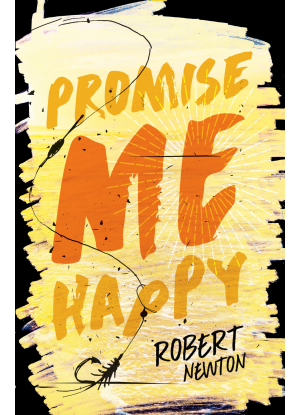Jonathan Swift: Gulliver’s Travels
- Edited by Robert Demaria
- Penguin
- 6/3/2003
- ISBN: 9780141439495
RRP: $17.99 (Inc. GST)

Description
Prescribed Text for HSC 2019-2023 – English Extension 1 Elective 3: Reimagined worlds
A wickedly clever satire uses comic inversions to offer telling insights into the nature of man and society, the Penguin Classics edition of Jonathan Swift’s Gulliver’s Travels is edited with an introduction and notes by Robert Demaria, Jr.
Gulliver’s Travels describes the four voyages of Lemuel Gulliver, a ship’s surgeon. In Lilliput he discovers a world in miniature; towering over the people and their city, he is able to view their society from the viewpoint of a god. However, in Brobdingnag, a land of giants, tiny Gulliver himself comes under observation, exhibited as a curiosity at markets and fairs. In Laputa, a flying island, he encounters a society of speculators and projectors who have lost all grip on everyday reality; while they plan and calculate, their country lies in ruins. Gulliver’s final voyage takes him to the land of the Houyhnhnms, gentle horses whom he quickly comes to admire – in contrast to the Yahoos, filthy bestial creatures who bear a disturbing resemblance to humans.
This text, based on the first edition of 1726, reproduces all the original illustrations and includes an introduction by Robert Demaria, Jr, which discusses the ways Gulliver’s Travels has been interpreted since its first publication.
Jonathan Swift (1667-1745) was born in Dublin. Sent to Kilkenny Grammar School when he was six, Swift later attended Trinity College, Dublin, where he received his BA degree in 1686. He is considered the foremost prose satirist in the English language, which stemmed from his criticism of Britain’s repressive colonial policies in Ireland. Among Swift’s best known works is his ironic masterpiece, ‘A Modest Proposal’ (1729), and his novel, Gulliver’s Travels (1726).
If you enjoyed Gulliver’s Travels, you might like H.G. Wells’s The Time Machine, also available in Penguin Classics.
‘A masterwork of irony … that contains both a dark and bitter meaning and a joyous, extraordinary creativity of imagination’
Malcolm Bradbury
About the Author
Jonathan Swift was born on 30th November 1667 in Dublin, and educated at Trinity College in that city and Oxford University. He was a cousin of John Dryden. Swift’s father was a lawyer who had gone to Ireland after the Restoration, but he died before his son’s birth. After becoming secretary to Sir William Temple in England, Swift returned to Dublin where he was ordained. In 1713 he became dean of St Patrick’s. Swift gave one third of his income to charities and used his own money to fund St Patrick’s Hospital for Imbeciles. He was himself thought by many to be insane in his later years. Although nominally a Whig, Swift became editor of the Tory journal the Examiner His first major work, A Tale of a Tub, was published 1704 and through the development of his writing career he became close friends with the poet Alexander Pope. Together with other writers, they founded a literary group called the Martinus Scriblerus Club in 1713. His political satires form a large amount of his life’s work and include the famous essay, A Modest Proposal (1729), where he suggests that the solution to the starvation of the poor in Ireland is that they should eat their own children. Gulliver’s Travels (1729)is the only book for which he received any money (£200) and he never wrote under his own name. It is unclear whether Swift ever formally married, but he was very close to Esther Johnson, known as Stella, whom he had met through Temple. He died in 1745 and was buried beside her in St Patrick’s. His Latin epitaph, written by himself, reads: ‘Here lies the body of Jonathan Swift, D.D., dean of this cathedral, where burning indignation can no longer lacerate his heart. Go, traveller, and imitate if you can a man who was an undaunted champion of liberty.





